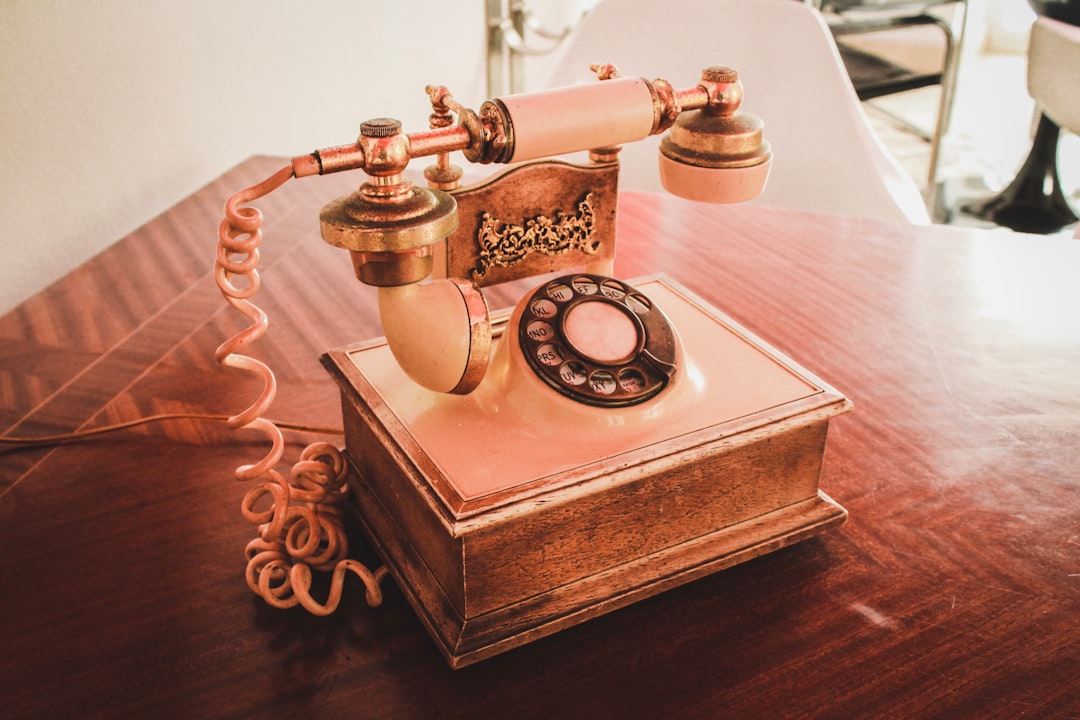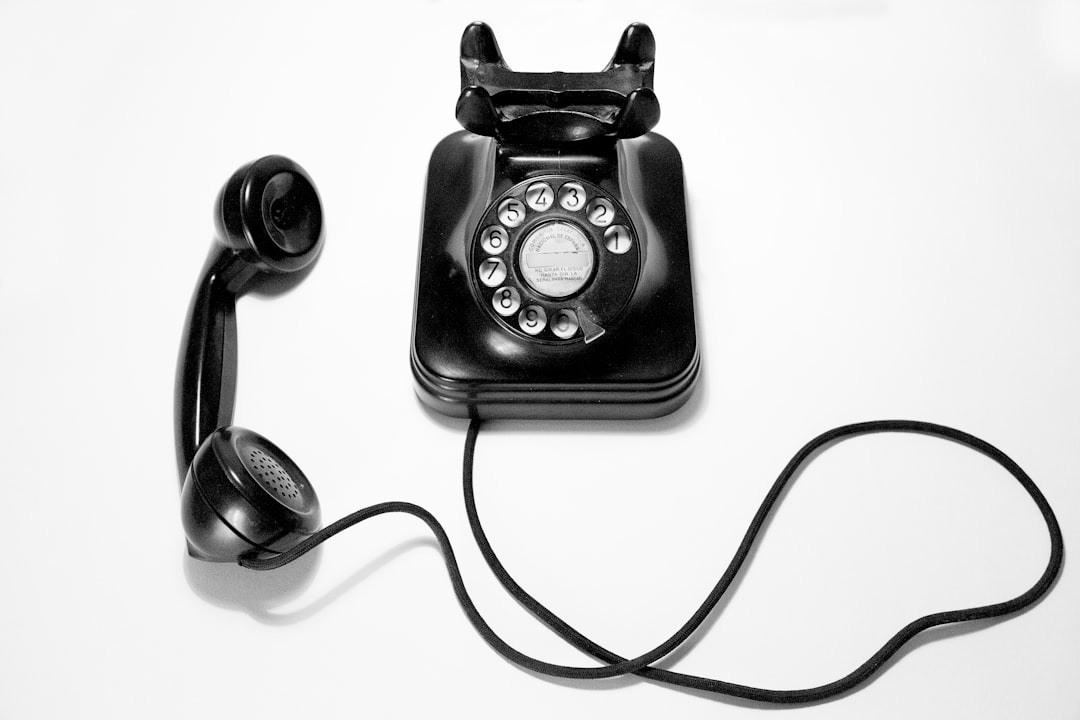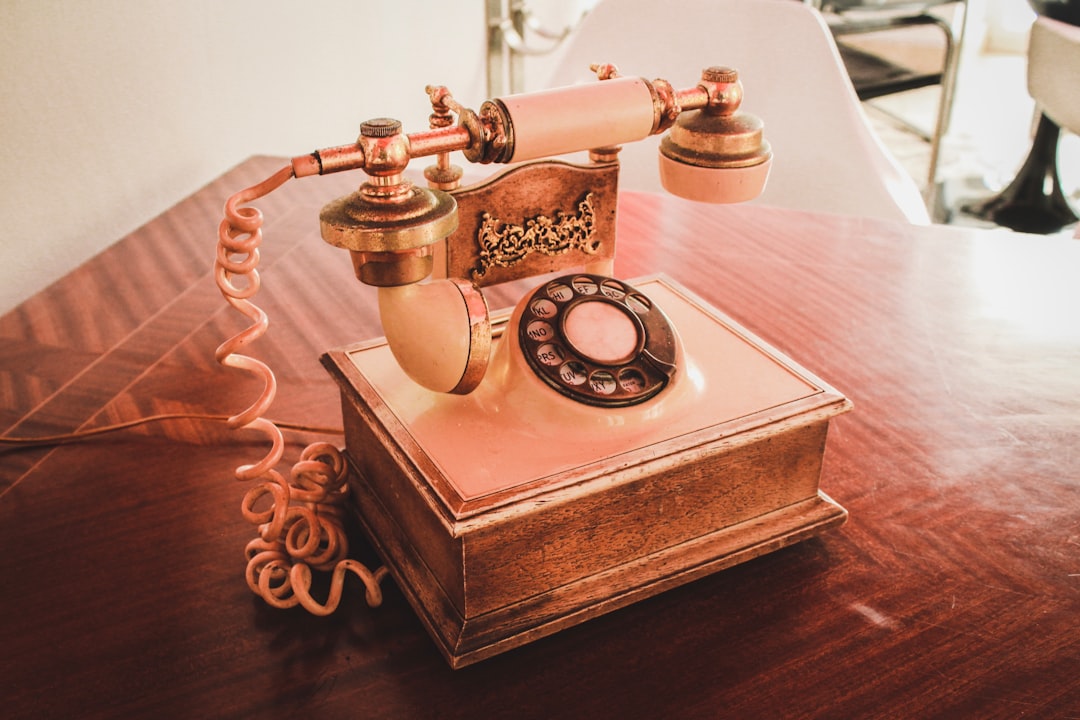The Telephone Consumer Protection Act (TCPA) of 1973 protects consumers from unwanted telephone solicitations. It restricts automated dialing systems, prerecorded messages, and certain text messages to curb excessive marketing calls. If you've received unsolicited calls from do not call lawyer Philadelphia or similar entities, the TCPA offers legal recourse. Individuals can file complaints with agencies or seek damages through court action, including statutory penalties of $500-$1,500 per violation. A do not call lawyer in Philadelphia helps protect rights and deters future violations by pursuing appropriate remedies. Understanding do-not-call lists and calculating compensatory damages under the TCPA is crucial for both individuals and businesses facing legal repercussions from unsolicited calls. Consumers affected by TCPA violations can consult with specialized lawyers from local law firms to take action against violators, potentially resulting in substantial statutory damages and protection of their privacy.
“Unraveling the complexities of the Telephone Consumer Protection Act (TCPA) in Philadelphia is crucial for both consumers and businesses. This article serves as a comprehensive guide to understanding statutory damages under the TCPA, offering insights into its key elements and real-world implications. From the significance of Do Not Call lists to navigating legal actions against violators, we explore the rights of Philadelphia consumers. If you’re seeking advice from a reputable do not call lawyer or attorney in Philadelphia, this resource provides valuable information on handling TCPA violations effectively.”
The Telephone Consumer Protection Act (TCPA): A Brief Overview

The Telephone Consumer Protection Act (TCPA) is a federal law designed to protect consumers from unwanted telephone solicitations and abusive calling practices. Enacted in 1973, it has since become a cornerstone of consumer protection legislation, particularly in the context of telemarketing and automated calls. The TCPA restricts the use of automated dialing systems, prerecorded messages, and certain types of text messages, all aimed at curbing excessive and intrusive marketing calls.
For those who have received unwanted calls from do not call lawyer Philadelphia, do not call attorney Philadelphia, or do not call law firm Philadelphia entities, the TCPA offers a legal framework to take action. Individuals can file complaints with state and federal agencies, as well as seek damages through court proceedings. This includes statutory damages for each violation, which can be significant, making it crucial for businesses and lawyers alike to adhere to TCPA regulations. A do not call lawyer Philadelphia or do not call attorneys Philadelphia can guide victims through this process, ensuring their rights are protected and helping to prevent future violations by pursuing appropriate remedies.
Statutory Damages Under the TCPA: Key Elements

When it comes to Statutory Damages under the Telephone Consumer Protection Act (TCPA) in Philadelphia, understanding key elements is essential for any individual or business facing potential legal repercussions from unsolicited calls. The TCPA allows for specific damages, which can include statutory penalties ranging from $500 to $1,500 per violation, depending on whether the violator was willful or negligent.
For a do not call lawyer Philadelphia or do not call attorney Philadelphia, these elements are crucial. They must prove that there was indeed an unwanted call made, that it violated the TCPA, and that the damages claimed are within the statutory limits. It’s important to note that individuals who receive such calls have rights and can seek legal counsel from a reputable do not call law firm Philadelphia to understand their options and potential remedies, without necessarily taking a confrontational approach.
Do Not Call Lists and Their Significance in TCPA Litigation

In the context of the Telephone Consumer Protection Act (TCPA), Do Not Call Lists play a pivotal role in litigation, especially for those seeking legal counsel from a do not call lawyer Philadelphia or consulting with do not call attorneys Philadelphia. These lists are crucial tools that help businesses and individuals protect themselves against unauthorized telemarketing calls. They are maintained by the Federal Trade Commission (FTC) and state agencies, ensuring compliance with TCPA regulations. When a consumer registers their number on these lists, it sends a clear message to marketers and do not call law firms Philadelphia that they do not consent to receiving automated or prerecorded telemarketing calls.
For do not call lawyers Philadelphia, understanding the significance of these lists is essential when representing clients in TCPA cases. Many lawsuits stem from violations of these lists, where businesses neglect to honor consumer preferences and continue making unsolicited calls. A reputable do not call attorney Philadelphia will leverage this knowledge to build strong cases, ensuring their clients receive fair compensation for statutory damages under the TCPA.
Calculating Compensatory Damages for Violations in Philadelphia

In Philadelphia, calculating compensatory damages for violations under the Telephone Consumer Protection Act (TCPA) involves a meticulous process. The key to determining compensation lies in assessing the actual harm suffered by the recipient of unsolicited calls or texts. This may include factors such as the frequency and nature of the calls, any disruption to daily life, and the emotional distress caused. Each violation entitles the affected individual to at least $500 in damages, which can be tripled if the violator acted willfully or knowingly. For instance, a recipient who receives repeated harassing calls from a Do not call lawyer Philadelphia or a Do not call law firm Philadelphia may seek substantial compensation for each infraction.
To claim compensatory damages, individuals should document their interactions with the offending party, keeping records of the date and time of each violation. This evidence can be crucial in supporting their case. Those who have experienced such infringements can consult with a lawyer for Do not call Philadelphia to understand their rights and seek appropriate redress, without necessarily engaging in legal action. It’s important to note that the goal is to deter future violations rather than solely seeking financial compensation, as advocated by many Do not call attorneys Philadelphia.
Navigating Legal Actions Against Violators: Rights of Consumers

When facing a violation of the Telephone Consumer Protection Act (TCPA) in Philadelphia, consumers have legal rights and options. Navigating these actions requires understanding the powers granted to individuals under this federal law. The TCPA allows recipients of unwanted phone calls or text messages to take action against violators, often seeking statutory damages as compensation for their harassment.
A consumer in Philadelphia can pursue legal action against a company or individual who has violated the TCPA by initiating a do not call request and subsequently receiving unsolicited calls. This process involves reaching out to a lawyer specializing in TCPA cases, such as those found in local law firms. These legal experts guide clients through the steps to file a complaint, which can result in substantial monetary awards. Consumers have the right to assert their privacy and halt unwanted communications, ensuring a quieter and more peaceful experience in their do not call registry-protected homes.






